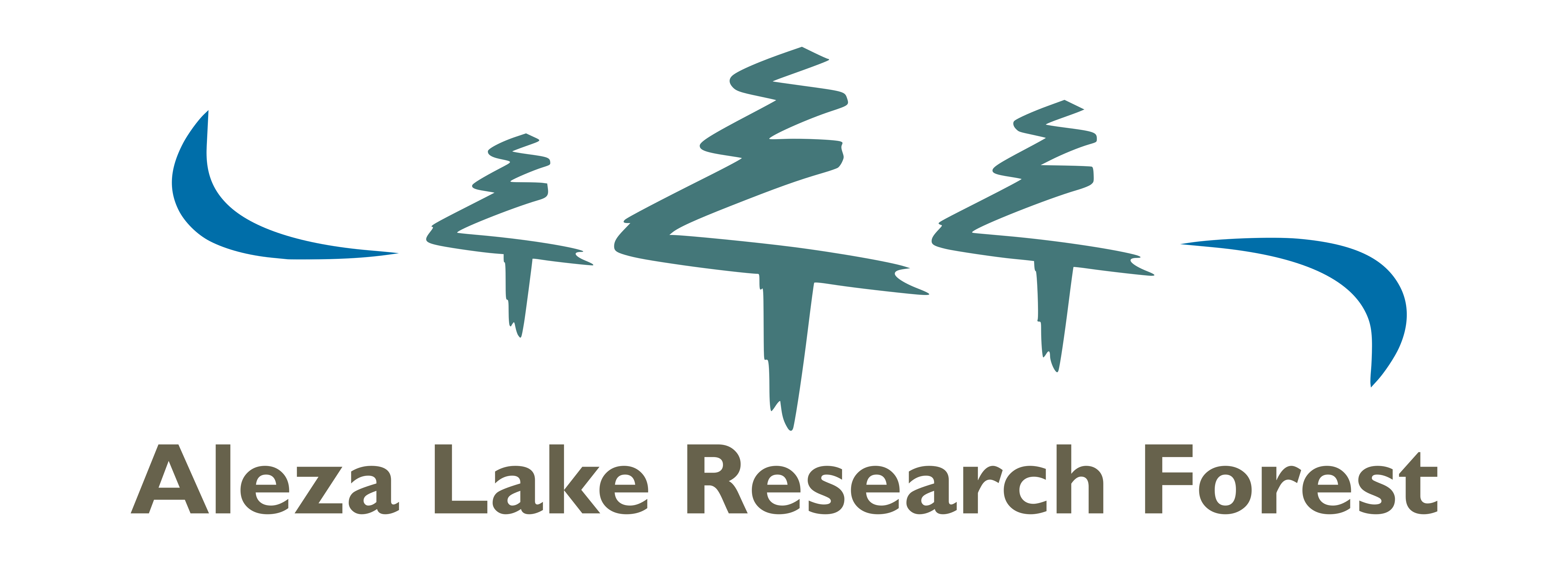The Aleza Lake Research Forest Society was established in 2001 to manage the Aleza Lake Research Forest. The board of directors provide guidance to Society staff. The Society board is comprised of three members from UNBC, one forest community representative, and one appointed representative from the BC Ministry of Forests.
As stated in its constitution, the purposes of the Aleza Lake Research Forest Society are as follows:
- to undertake stewardship of the Aleza Lake Research Forest;
- to ensure that the management and operation of the Forest is devoted to education and research with respect to sustainable forest management, silviculture, and forest ecology;
- to hold property in the form of;
- Crown tenures of the research forest lands,
- Capital improvements on those lands, and
- Capital assets, as are necessary to manage and operate the Forest and the educational and research activities which will take place therein;
- to allow access and input into the management and operation of the Forest by each of the University of British Columbia and the University of Northern British Columbia;
- to pursue the goal of providing a long term, financially self-sufficient research facility, funded primarily by harvesting and selling timber in a manner consistent with the other purposes of the Society;
- to promote and support education and research relating to sustainable forest management and long term studies in silviculture and forest ecology by sharing and disseminating information and knowledge gained through the research conducted at the Forest;
- to create educational and research opportunities in forest ecology, forest management, ecosystem management and sustainable forest resource management;
- to assist in fulfilling the educational and research needs of the University of British Columbia and the University of Northern British Columbia ;
- to maintain the natural levels of biodiversity throughout the Forest by way of retaining all natural ecosystem components, processes, structural attributes and micro-processes;
- to foster innovation in ecologically-sound management strategies and practices, and in research, extension and demonstration strategies and projects;
- to provide opportunities for demonstrations, testing, and refinement of a range of silvicultural systems and partial-cutting techniques; and
- to do all such things as are incidental or conductive to the attainment of the purposes herein expressed.
